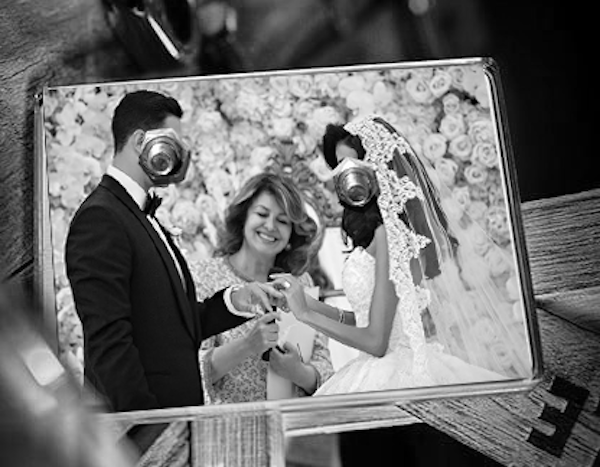Taking Risks
/[Yesterday’s] post makes me think that you’re not much of a risk taker when you perform. I agree with you that psychological forces are generally not reliable but I still like using them and using other risky methods when I perform. If you saw Asi Wind’s Masterclass he talked a lot about how much he enjoys taking risk in his shows. It can be a pretty exhilarating way to perform. —BD
Yeah, I’ll be honest with you, I don’t really get the “taking risks” thing when it comes to magic/mentalism.
If you were eating at a restaurant and the waiter came up to you and said. “Are you enjoying your meal?” And you said you were, and he responded with, “Want to know something cool? When the chef was preparing your meal, he was flipping the knife around and doing all sorts of crazy shit with it. It’s a really sharp knife. So it’s real risky.”
Your response would be, “Uhh.. Okay… thanks for letting me know.”
You wouldn’t care, because a chef flipping around a knife in the back of the restaurant wouldn’t have an effect on your enjoyment of the meal. It’s more something the chef is doing for himself.
You might say that’s a bad analogy. You might contend that you’re not using the risky method for your own entertainment. You’re using it because it allows you to do the most direct and powerful magic.
I think that’s less true than you might imagine.
The problem with a lot of “risky” methods is that they are very susceptible to an “Easy Answer” that not only undermines the effect, but is also often correct as well.
For example: You light a lighter, have someone look into the flame and name a card. They say the queen of hearts and you turn over the lighter to show that card is engraved on the lighter.
This is a very direct effect with a risky method. (The method being you just hope they name the Queen of Hearts, otherwise you transition into a different effect.) But when it hits, you would expect it to be very strong. Unfortunately, what you find if you ask people about effects like these is that after that initial moment of surprise they will then conclude, “Well, I guess everyone names that card.” Some will also recognize that you never told them there was a card engraved on the back of the lighter so you could have gotten away with never showing it to them if they had named something else. And since you can’t repeat the trick and the selection process was sort of rushed to begin with, it becomes very easy for them to fall back on that Easy Answer because you’ve done nothing to combat it. I find this to be true with a lot of methods we would consider “risky.”
We romanticize the idea of Derren Brown forcing a card with nothing but his words because we are putting ourselves in his position. But from the audience’s perspective, it may be the least interesting thing Derren has ever done.
Risky methods often require a bland presentation, because you don’t want to commit too much to one direction if you’re going to have to pivot to something else if your method doesn’t hit. So you have to just say something like, “Look into the flame and name the first card that comes to your mind.” Or something equally uninspiring.
Now, obviously if there is a moment in an effect that can be enhanced by taking a chance, and it will be unnoticed if it doesn’t pay off, then I’m happy to try and capitalize on that moment. I just don’t see the benefit of building an entire effect on a method you can’t fully rely on.
I do understand that if you’re a professional magician, doing the same tricks night after night, then you might get bored, and perhaps incorporating some risk is a way to keep you engaged. I get that.
But for the amateur, it doesn’t make a ton of sense to do a risky method with a standard, traditional presentation. Instead, what I recommend is to use a tried-and-true method with a risky presentation. From my perspective, that’s the more interesting and fun way to incorporate risk in my performances. Not wondering if they person will name the card I hope they will. But wondering how they’ll react to an audience-centric presentation that puts them in a situation they couldn’t have expected.








